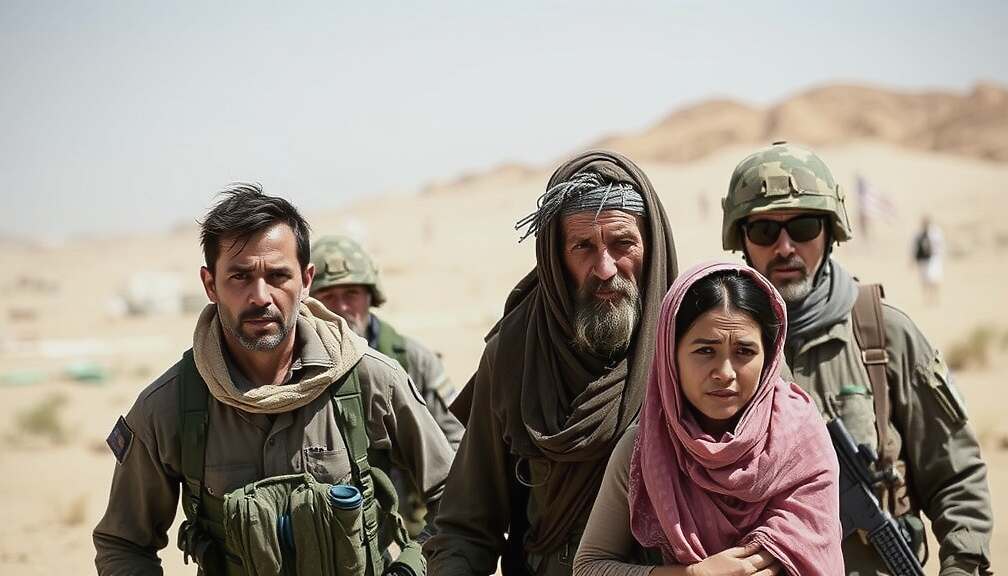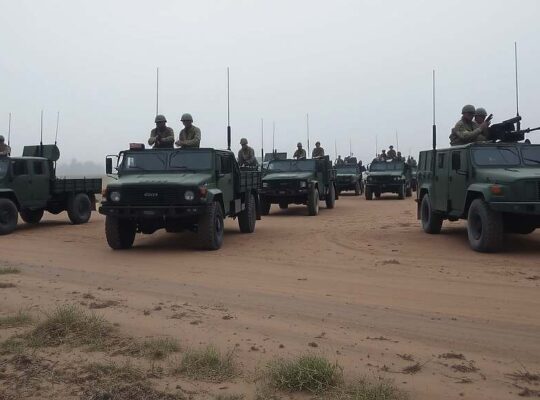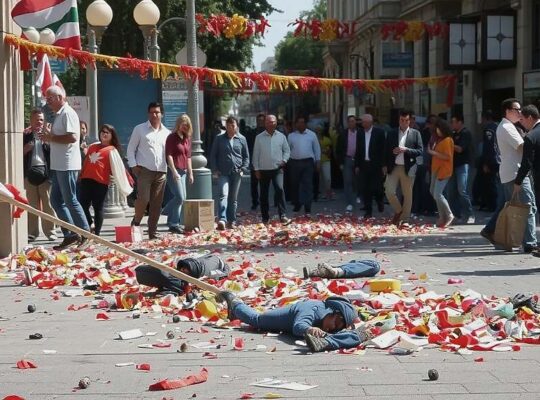The release of the first seven Israeli hostages held by Hamas marks a fragile and highly complex stage in the ongoing conflict, with potential ramifications for regional stability and the broader peace process. Israeli Defense Forces (IDF) confirmed the handover of the individuals to their custody on Monday morning, facilitated by the International Committee of the Red Cross. Initial medical assessments suggest the hostages are in relatively good condition, though the psychological impact of their prolonged captivity remains a significant concern.
The release follows an agreement brokered under intense international pressure, with Israel committing to the imminent release of nearly 2,000 Palestinian prisoners in exchange. While this gesture demonstrates a willingness to pursue a negotiated solution, critics are already questioning the potential impact of releasing prisoners, some of whom have been implicated in acts of violence against Israelis. The potential for re-radicalization and renewed unrest within Palestinian communities is a considerable risk.
The ICRC is reportedly en route to a second handover location in southern Gaza, with the expectation that the remaining 20 living hostages will be released throughout the day. Uncertainty surrounds the number of Palestinian prisoners who will be involved in this next stage.
This delicate exchange highlights the precariousness of the situation and underscores the challenges facing both sides. The agreement’s long-term consequences remain uncertain, with observers cautiously noting that it represents a temporary reprieve rather than a definitive path to a lasting resolution. The immediate focus will be on the well-being of the released hostages and the careful monitoring of the released prisoners to mitigate potential security risks. Furthermore, the international community must now grapple with the challenge of sustaining diplomatic momentum to prevent a return to escalated conflict and to address the fundamental grievances underlying the ongoing crisis.












